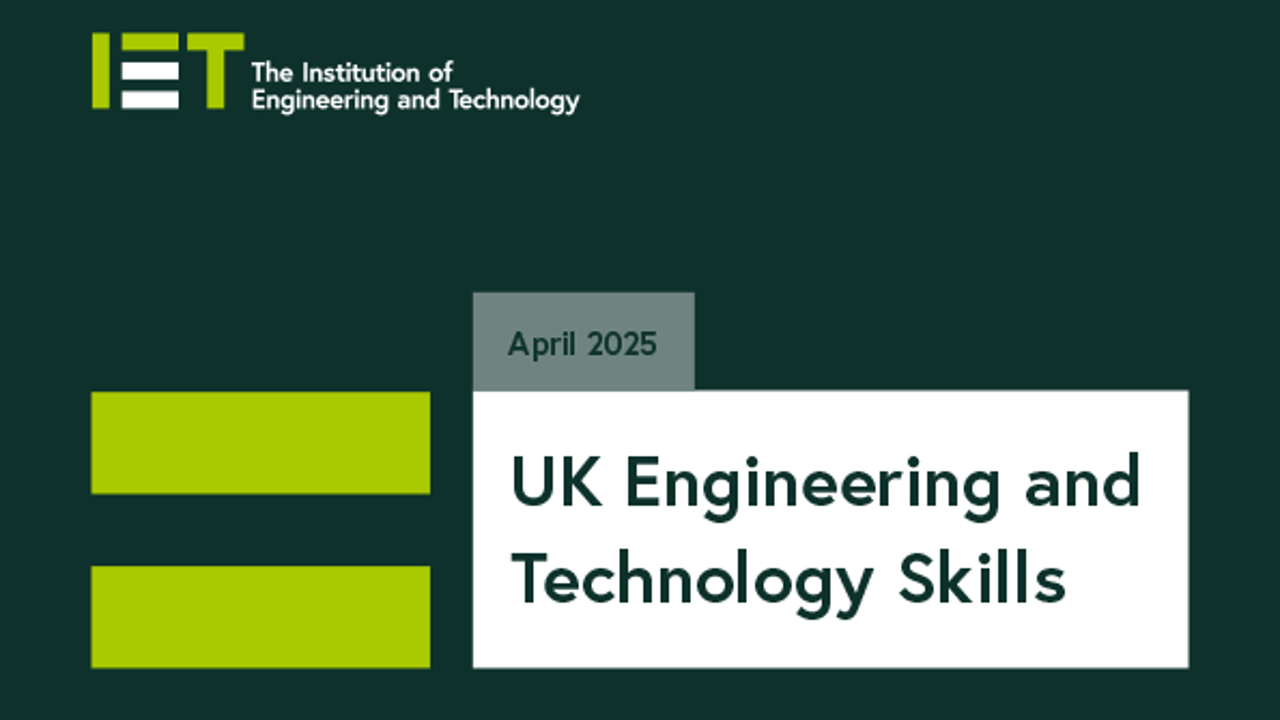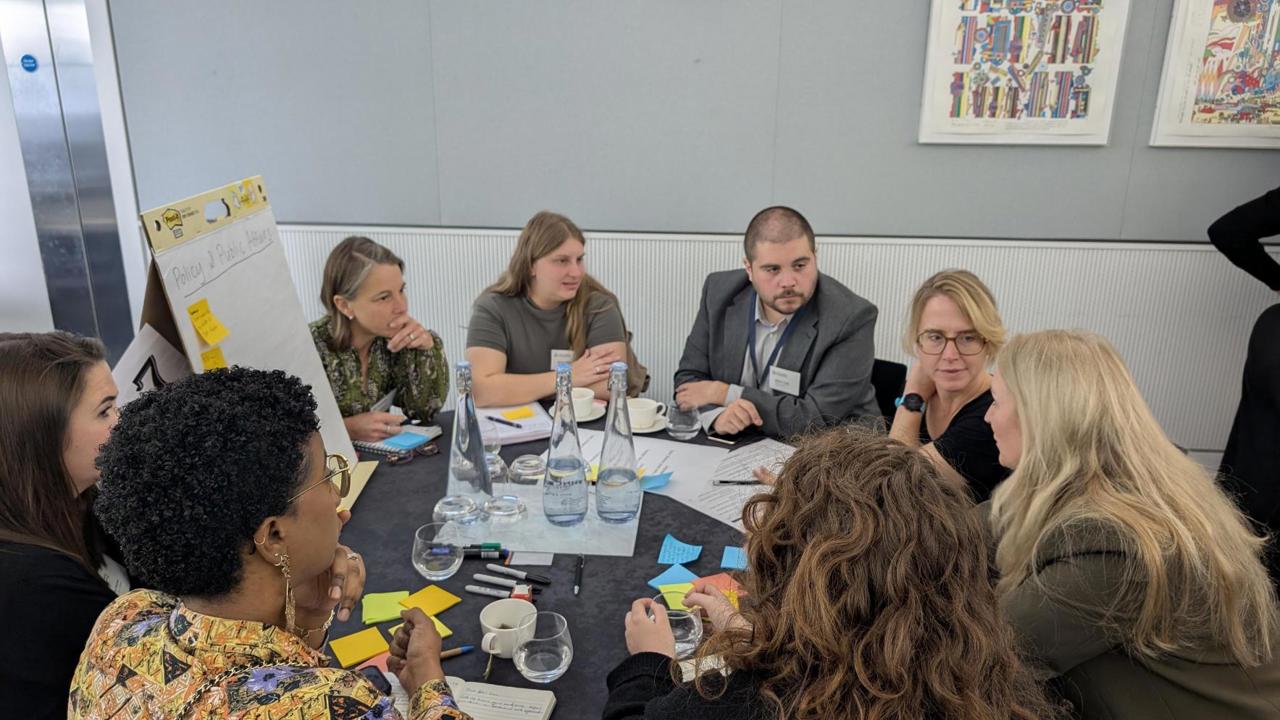Engineers 2030 publishes final report
Over the past 18 months, the National Engineering Policy Centre has been working to define the skills needs of the UK engineering workforce in the 21st century. Now it is calling on the government to help bridge what it calls the “perilous skills gap and diversity challenge”.

EngineeringUK is part of the National Engineering Policy Centre (NEPC), along with 41 other professional engineering organisations. The NEPC provides insights, advice, and practical policy recommendations on complex national and global challenges.
Engineers 2030: The final report was published on National Engineering Day 2025 and challenges conventional perceptions of engineering. It explores how engineering knowledge, skills and behaviours are evolving and how the engineering workforce must adapt to meet the challenges of the 21st century. The report also makes recommendations for how the different phases of education and training support must change to meet future needs.
Labour market projections from Skills England suggest that engineering occupations will experience one of the highest rates of employment growth by 2030. These are outpacing non-priority sectors by a factor of 1.6. Expected growth in jobs in clean energy, defence, digital and housebuilding over the next 5 years, amount to 834,000 additional jobs. For these sectors alone the expected workforce size in 2030 is 5.3 million. One in 4 job adverts in the UK now relate to engineering, underscoring the sector’s systemic and sustained demand.
The report makes 10 recommendations for how the engineering education pathways in the UK can be reinforced to support future engineering skills demands. The recommendations presented are practical and achievable. They are designed to catalyse change, not prescribe every detail.
The recommendations are split across 3 qualities:
- Future focused
Future technological development and societal and environmental need should drive the direction of engineering skills. They should be driven by the foundation Vision and Principles work from the Engineers 2030 project. - A systems approach
The UK skills sector is complex. It needs to be approached in a coherent, systems way to align skills development with national needs. The new system should remove overreliance on disconnected sector-specific skills provision. - Accessible to all, at every point
Available training should be easy to access and to provide. Simplified qualification routes, improving learning formats, and aligning with occupational standards will create a more coherent and inclusive system.
I encourage all members of the profession to engage with the Engineers 2030 recommendations, to consider their value, and to act upon them proactively and urgently. Engineers 2030 is not the end of a conversation, it is the beginning of change.
— Prof Sir Bashir M Al-Hashimi, Chair of Engineers 2030












